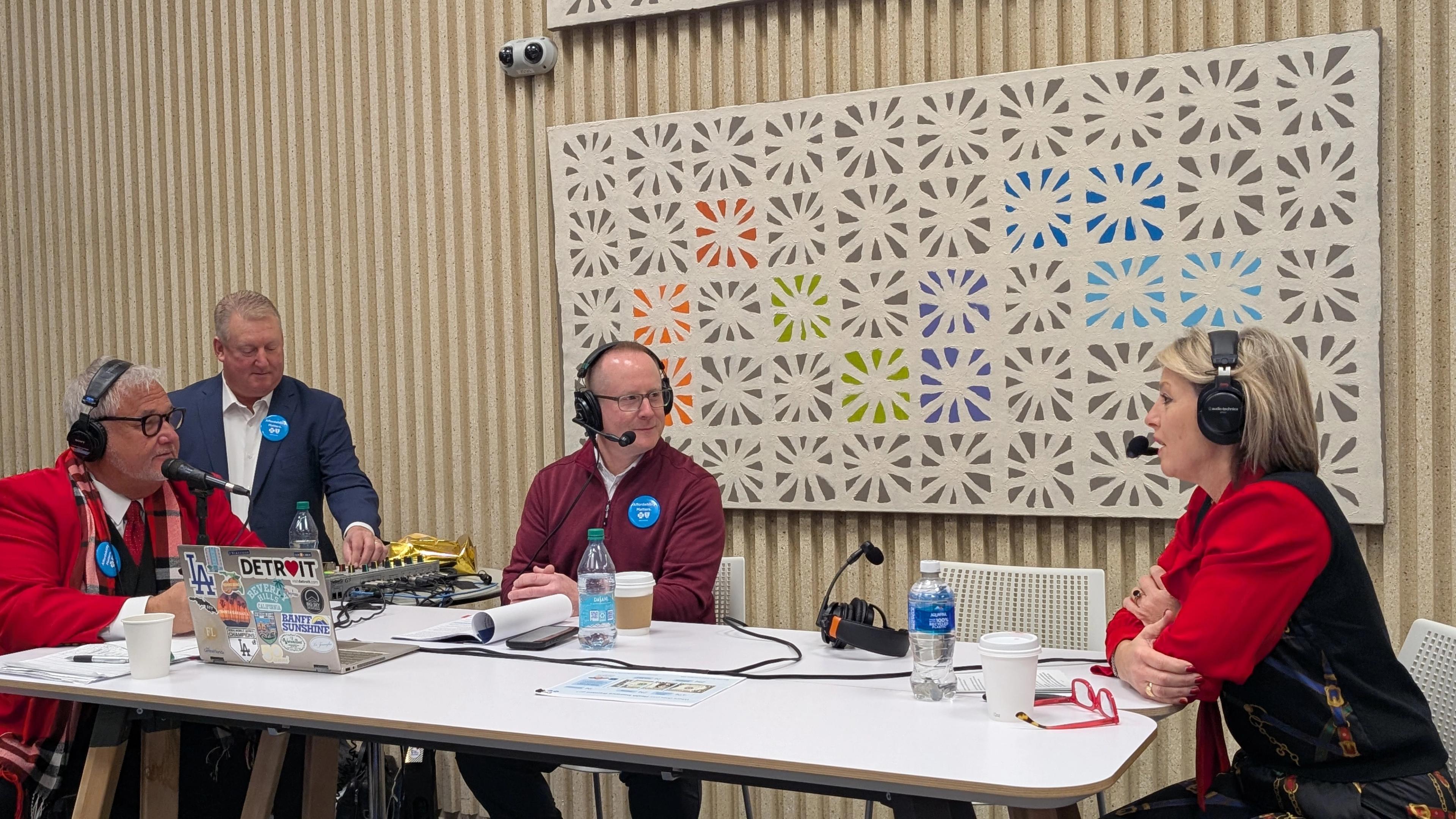Why You Benefit from Blue Cross Blue Shield of Michigan’s Structure as a Nonprofit Mutual Insurer
Andrew Hetzel
| 3 min read

With annual revenue in the billions of dollars, how can Blue Cross Blue Shield of Michigan be considered a “nonprofit?”
Being a nonprofit isn’t about the money a company takes in or pays out – as much as it is about the purpose put behind that money. Many other companies in our health insurance industry are investor-owned, meaning their primary purpose is to maximize value for those investors in the form of profit. At Blue Cross Blue Shield of Michigan, we are a nonprofit mutual, which means we have no investor owners. Instead, we are purpose-driven to serve our members and to return value to our communities.
How do we accomplish these objectives? In fact, there are many community benefits of our corporate structure as a nonprofit mutual – and they far outweigh what a traditional “nonprofit” would deliver.
We have no shareholders – meaning that health care dollars go back into health care, including the $100 million per day we paid in 2024 for our members’ care and benefits.
We give back to the community – including the $1 billion we have paid to the Michigan Health Endowment Fund since 2013, which includes a $100 million payment made in 2024. We are on track to pay $1.56 billion to the Endowment Fund over 18 years – an unprecedented level of community support.
Our business is not primarily motivated by profit. In fact, our enterprise operating margin over the past 10 years has averaged less than one percent.
We step up when it matters most. Throughout the COVID-19 pandemic, for example, Blue Cross devoted $2.8 billion to support customers, members and providers.
We pay taxes – in 2024, we paid more than $166 million in taxes to federal, state and local governments.
That final point is a critical difference with our nonprofit structure, in that we are not a charity. Traditionally, private nonprofit charitable organizations receive tax exemptions from local, state and federal governments in exchange for delivering a “community benefit” – for providing a service that can be considered part of the organization’s nonprofit charitable work. For example, like the care provided to the uninsured by many nonprofit hospital systems, these “community benefits” have a financial valuation that government agrees offsets the tax exemptions provided to the nonprofit. BCBSM is different. BCBSM pays taxes while also providing a substantial community benefit through the Health Endowment Fund and other efforts.
The contributions to the fund are in addition to the leadership and community investments we’ve made throughout the COVID-19 pandemic and the community-centered work we do to invest in solving the opioid crisis, promoting children’s health and being the largest source of private funding for Michigan’s free clinics. We believe in this model. It keeps us focused on the right priorities – our members’ care and the health of the communities where we all live and work. And it’s working, with enough profits to run our business but also return money, when possible, to our customers through efforts to moderate premiums for small employers, lower premiums for individual members and lower premiums for seniors.
Our nonprofit approach to health care has been in place since our beginning – more than 80 years ago – and it’s working. Its tangible benefits are felt every day in our members’ care and within the Michigan communities we call home.
Andrew Hetzel is vice president of corporate communications at Blue Cross Blue Shield of Michigan.





